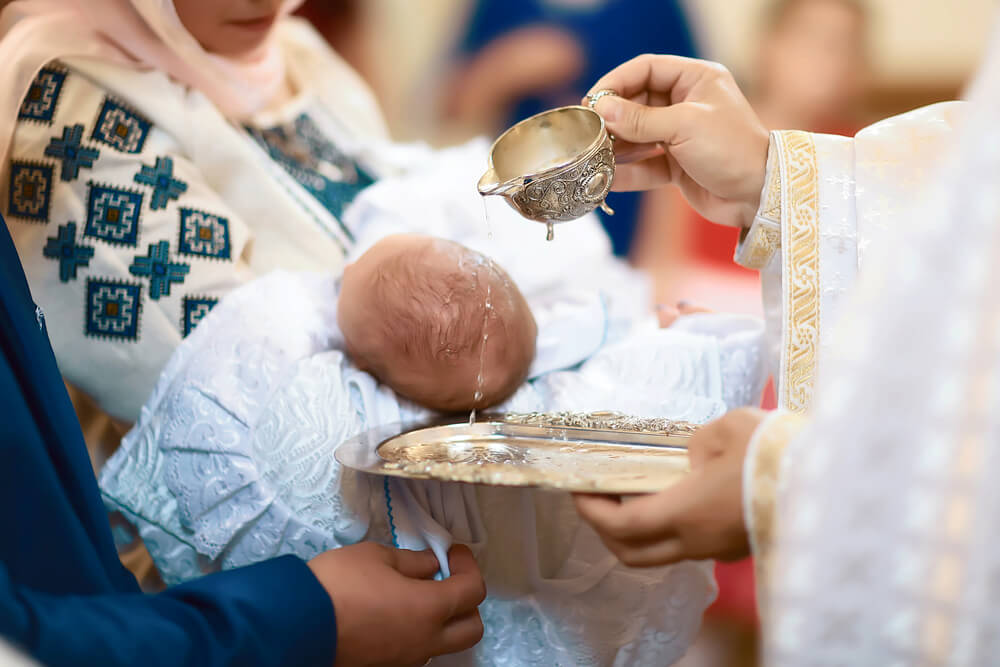The sacraments of the Catholic Church are, hopefully, a big part of each of our lives. While some can be celebrated daily and others not quite as frequently in a person’s life, we know that the Church has specific ways of celebrating and administering the sacraments. For example, the priest can’t make up the words during Mass or baptize with apple juice.
John called from New Jersey to ask about the significance of forms for the sacraments, so Msgr. Stuart Swetland, host of Go Ask Your FatherTM, explained what form and matter has to do with the sacraments of the Church.
“Sacraments can be broken down into form and matter. In the case of baptism, the matter is the water. So water that can be either poured or the person can be immersed in water, but the matter is the water. In the normal way the water is blessed, but if in an emergency, natural water is acceptable for validity. So that’s the matter of the sacrament; the form is the words that the person who is baptizing pronounces. And whoever it is—the normal minister of baptism is a deacon, priest, or bishop, in an emergency anyone can baptize, even a non-Christian as long as they intend to do what the Church does in baptism—and the form is the words that are said with the pouring of the water or the immersing of the person. And it’s, ‘I baptize you in the name of the Father, and of the Son, and of the Holy Spirit.’”
“Same thing when you go to the Eucharist, the matter is wheat bread and grape wine and the form is the consecratory words of the bishop or priest,” said Msgr. Swetland. “Every sacrament has form and matter.”
But why do we need to follow the form of a sacrament? “We want to have moral certitude that we have access to the grace that God wishes us to have. God wants us to have moral certitude that our sins are forgiven, that we’re validly baptized, that we’ve received the sacrament of Confirmation, that we approach his real presence in the Eucharist. So these sacramental celebrations and the way they’re celebrated, the form and the matter and they intent, if all that’s there we can be certain that the grace is being communicated to us that God intended us to have.”
Hear the full answer, including an explanation of the form of marriage, here:

